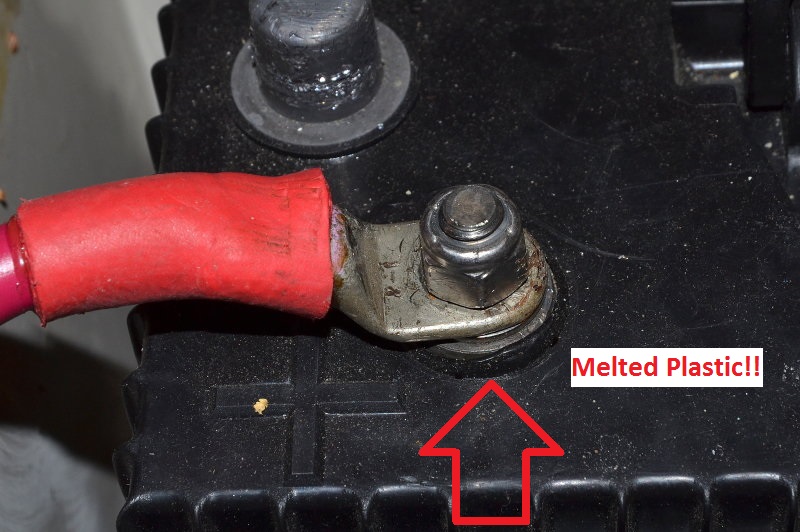Bowlegs868
New Member
I have two 12V 390W batteries connected in series to a 24V 2000W inverter and a 60A charge controller.
If I try turning on my 5 cu. ft. fridge, my inverter will "trip" and start beeping. At least I think it's because of the inverter or maybe it's the charge controller? OR maybe I simply don't have enough batteries/power to withstand the starting draw of the fridge???
PS.... I usually have four wired in series parallel and that handles the fridge fine
The label at the back of the fridge states 115V / 1.5A
If I try turning on my 5 cu. ft. fridge, my inverter will "trip" and start beeping. At least I think it's because of the inverter or maybe it's the charge controller? OR maybe I simply don't have enough batteries/power to withstand the starting draw of the fridge???
PS.... I usually have four wired in series parallel and that handles the fridge fine
The label at the back of the fridge states 115V / 1.5A



